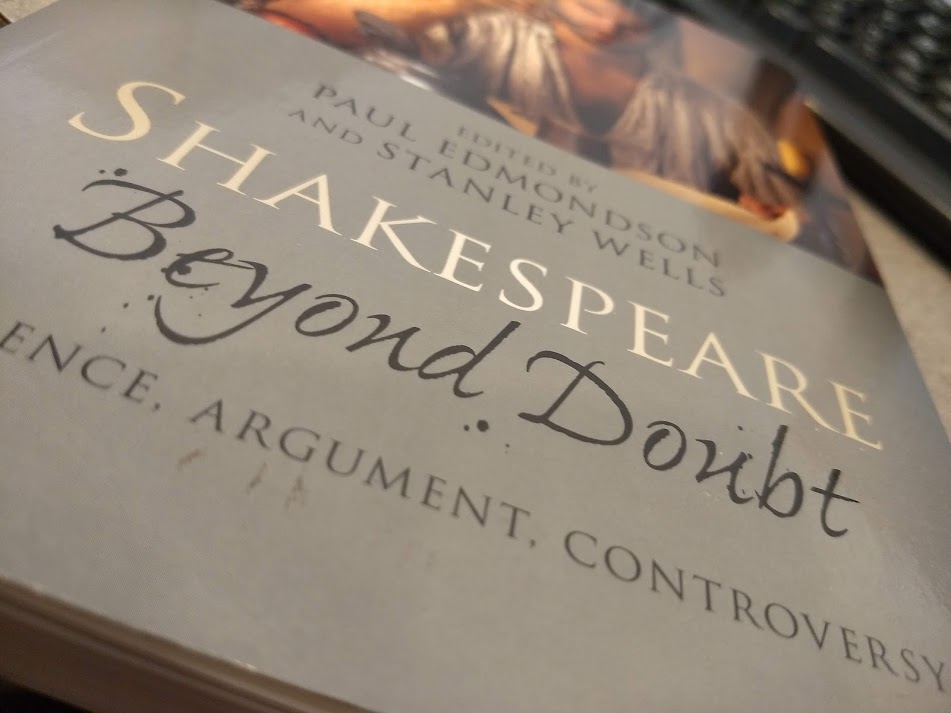I’ve only played a few historical figures in my time, and none that required any research beyond a cursory read of their Wikipedia page, presuming they warranted that high degree of historical significance, and even then mostly to make sure I was using the right accent. I love history and learning new things, but I’m not really one for show research; generally speaking, I feel that if something is critical, it would be in the script. Oh I’ll look up answers to specific questions, but that’s nothing to do with theatre; I just plain love learning new things.
I have friends who do a ton of research, who feel you cannot do too much and that none of it is wasted. On the one hand I completely agree; learning new stuff is its own reward and the more the merrier, on the other hand I haven’t yet done a show that I felt needed or would really benefit from historical research like that. On the third hand, which I guess is Nightcrawler’s tail since I should stay #onbrand on my website, I’ve been lightly obsessed with the notion of trying to apply the historical reality of the physiology Richard III to the play and I’m not likely to play the part any time soon (someone cast me as Richard III thanks) so I’m certainly willing to go down historical rabbit holes when the fancy strikes.
Presently I’m facing down a major role as a significant historical figure and taking the excuse to do a little research/reread a book about him that I’ve been meaning to reread anyway. The playwright has made a choice with this character—a person who actually existed—that I just cannot figure out. I know the answer is not in this book, partially because I’ve read it before, but also because I just don’t know that there is an answer to be found through historical research. Still, there’s definite value in it; it’s information that I think is likely to be dramaturgically relevant and also will make me look smart during table work. Look, it’s a cast of actors I’ve never worked with and I need all the help I can get.

